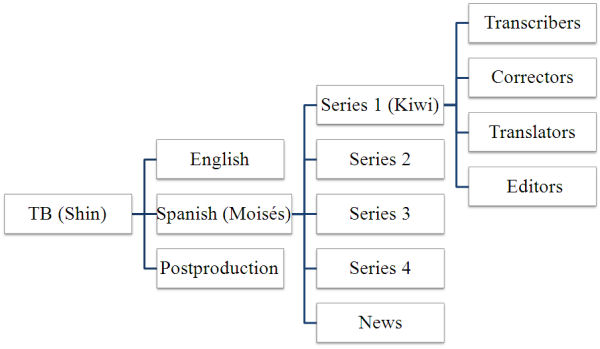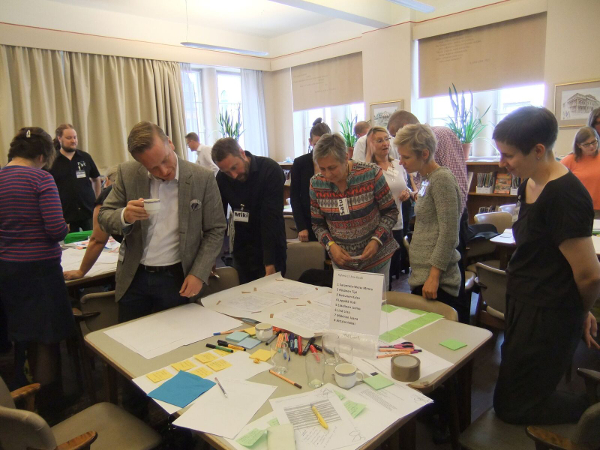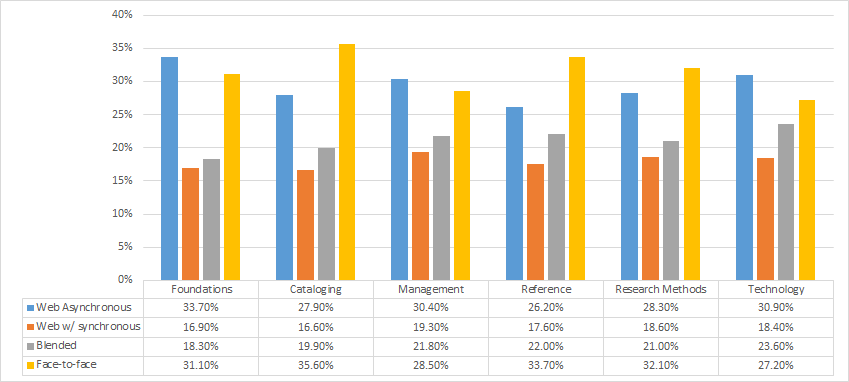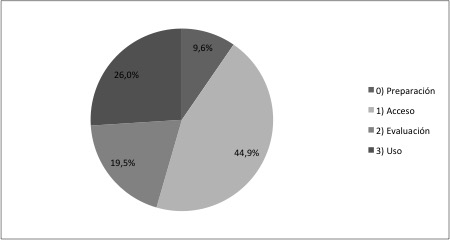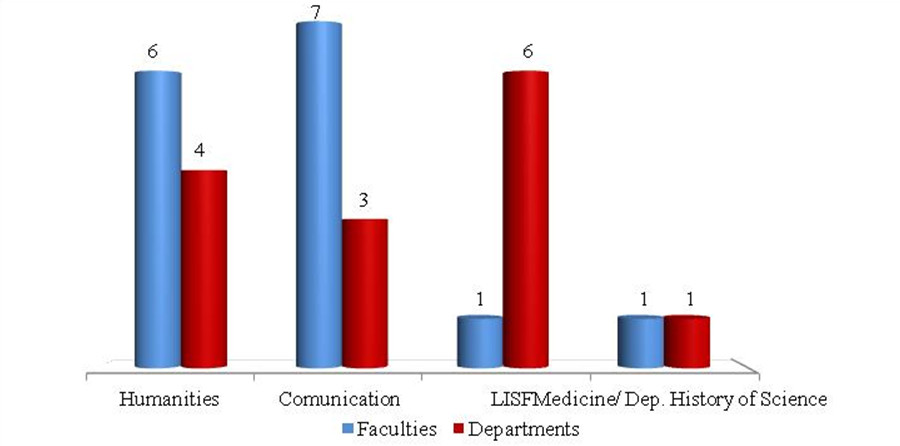A Not-So-Brief Account of Current Information Ethics: The Ethics of Ignorance, Missing Information, Misinformation, Disinformation and Other Forms of Deception or Incompetence
Objectives: The article examines how the new technologies and the internet have given society greater access to information and knowledge but have also led to a major increase in false information and lies, which constitute a serious threat to information ethics. —
Methodology: The author offers a taxonomy to describe the most common types of false information (misinformation, disinformation, missing information and self-deception) and information calumny, using examples in contemporary North American politics and information media and focusing on the figures of Donald Trump and Hillary Clinton. The article analyses the role public institutions and information professionals should adopt to face the situation.
Results: While they cannot themselves possess the truth, in order to combat false information and ignorance information professionals must remain alert to the dangers present, keep abreast of the demands of their profession, be competent and informed and promote society’s information literacy at individual and collective levels.

